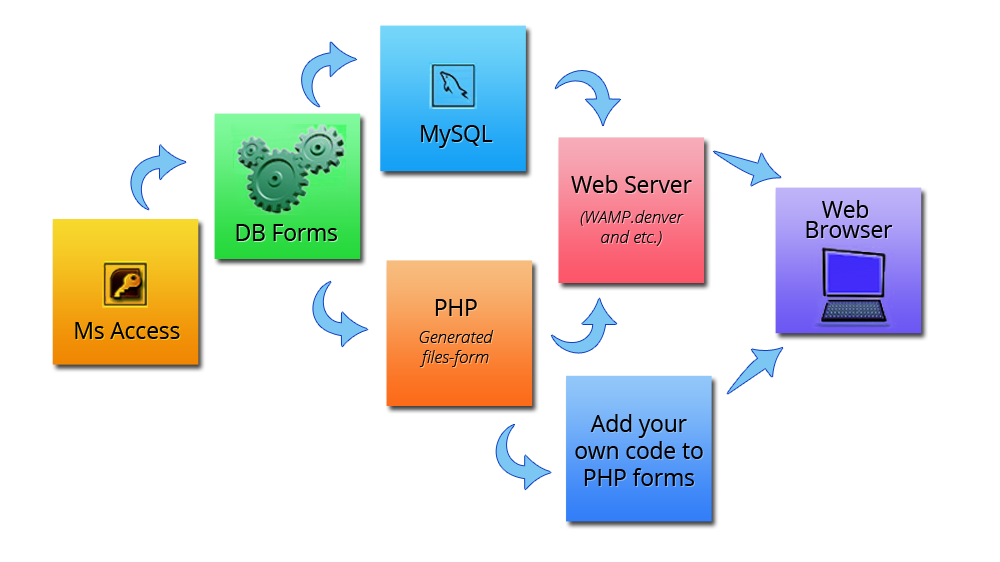
In the digital era, customers expect instant, accurate, and personalized support. A slow response or poor experience can drive them to a competitor in seconds. To meet this demand, businesses are increasingly turning to chatbots powered by artificial intelligence (AI).
AI chatbots do more than respond to basic queries—they can guide users through purchases, answer complex questions, gather feedback, and provide insights into customer behavior. By implementing these tools, companies can offer 24/7 support, reduce operational costs, and enhance the overall customer experience.
Whether you run a small business, a startup, or a large enterprise, integrating AI chatbots can significantly improve engagement, streamline operations, and boost customer satisfaction.
Why Chatbots Are Essential for Customer Engagement
1. Immediate Responses Boost Satisfaction
Customers today want answers instantly, and chatbots deliver exactly that. Unlike traditional support channels, chatbots can handle thousands of conversations simultaneously, ensuring no one waits.
Example: An e-commerce site can instantly provide information about product availability, shipping times, and return policies, which reduces cart abandonment.
2. Personalized Experiences Build Loyalty
AI chatbots can analyze customer data, past behavior, and preferences to provide personalized recommendations. By remembering previous interactions, chatbots make conversations context-aware, giving customers a sense of recognition and care.
Example: A clothing retailer chatbot can suggest outfits based on previous purchases, browsing history, or seasonal trends.
3. Efficient Lead Generation and Qualification
Chatbots aren’t just for support—they are sales assistants. They can qualify leads by asking targeted questions, collecting information, and guiding potential customers through the sales funnel automatically.
Example: A SaaS company chatbot can ask visitors about their business size and needs, then recommend the most suitable subscription plan.
4. Cost-Effective Customer Support
Hiring a large customer support team to handle 24/7 queries can be expensive. Chatbots provide around-the-clock support at a fraction of the cost, reducing operational expenses while maintaining quality.
Example: Travel companies use chatbots to answer flight status, booking confirmations, and cancellation queries without employing additional staff.
5. Valuable Customer Insights
Every interaction with a chatbot is a data point. AI analyzes these interactions to identify trends, preferences, frequently asked questions, and potential pain points. Businesses can use these insights to improve products, marketing campaigns, and customer experiences.
Example: A chatbot analyzing customer questions can highlight recurring concerns about delivery time, prompting the business to improve logistics.
6. Omnichannel Integration for Seamless Experience
Modern chatbots integrate across websites, social media, and messaging apps. Customers can interact on their preferred platform while experiencing consistent and unified support.
Example: A restaurant’s chatbot can take orders on Facebook Messenger, Instagram DMs, or directly through its website, keeping customers engaged across all channels.
Additional Benefits of AI Chatbots
7. Scalability During High Demand
During peak seasons, sales campaigns, or product launches, chatbots can scale instantly to handle large volumes of inquiries, something that human teams may struggle with.
8. Interactive Engagement Tools
Chatbots can deliver quizzes, polls, surveys, and interactive guides, keeping users engaged longer while subtly gathering data and promoting products.
9. Multilingual Support
Global businesses can benefit from chatbots capable of communicating in multiple languages, making it easier to serve international customers without hiring multilingual staff.
10. Improved Response Consistency
Unlike human agents, chatbots provide consistent, error-free information, reducing miscommunication and maintaining brand integrity.
11. Enhanced Brand Perception
A fast, intelligent, and helpful chatbot improves how customers perceive your brand. Companies that leverage AI are seen as innovative, professional, and customer-focused.
Real-World Examples
-
Sephora: Their chatbot assists customers with product recommendations, booking beauty appointments, and providing tutorials.
-
Domino’s Pizza: Domino’s uses a chatbot to take orders via text, Messenger, and voice assistants, streamlining the ordering process.
-
H&M: Offers outfit suggestions and helps users navigate product collections using AI-powered chatbots.
-
Banking Sector: Many banks deploy chatbots to handle account inquiries, loan applications, and fraud alerts, providing 24/7 support.
Best Practices for Implementing Chatbots
-
Keep Conversations Human-Like: Avoid robotic language; use natural, friendly tone.
-
Set Clear Objectives: Decide whether your chatbot will focus on support, sales, lead generation, or engagement.
-
Provide Escalation Options: Let users easily reach a human agent if required.
-
Update AI Continuously: Train the bot with new data for accurate responses.
-
Monitor Analytics: Track KPIs like response time, resolution rate, user satisfaction, and refine strategies.
-
Leverage Visual Content: Use buttons, images, and quick replies to simplify interactions.
-
Maintain Brand Voice: Ensure the chatbot aligns with your brand personality for a consistent experience.
The Future of AI Chatbots
AI chatbots are constantly evolving:
-
Voice-Activated Chatbots: Customers can interact with brands using voice commands.
-
Predictive AI: Bots will anticipate user needs based on past behavior.
-
Emotional Intelligence: Advanced AI can detect sentiment and respond empathetically.
-
Integration with CRM: Chatbots will seamlessly connect with CRM platforms, enhancing personalization and support efficiency.
Companies that adopt these innovations early will gain a significant competitive advantage in customer engagement.
Conclusion
AI-powered chatbots are no longer a luxury—they are an essential component of modern customer engagement strategies. By offering instant, personalized, and intelligent support, chatbots:
-
Enhance customer satisfaction
-
Reduce operational costs
-
Streamline processes
-
Boost engagement and conversions
Businesses that strategically implement AI chatbots can build stronger customer relationships, scale efficiently, and stay ahead of competitors in a rapidly evolving digital landscape.






